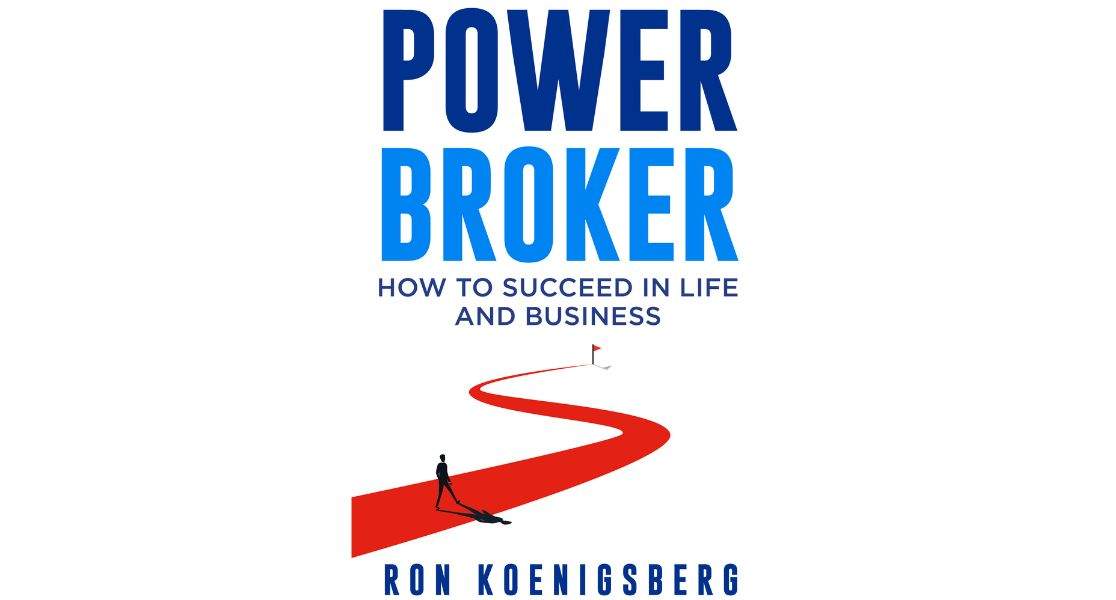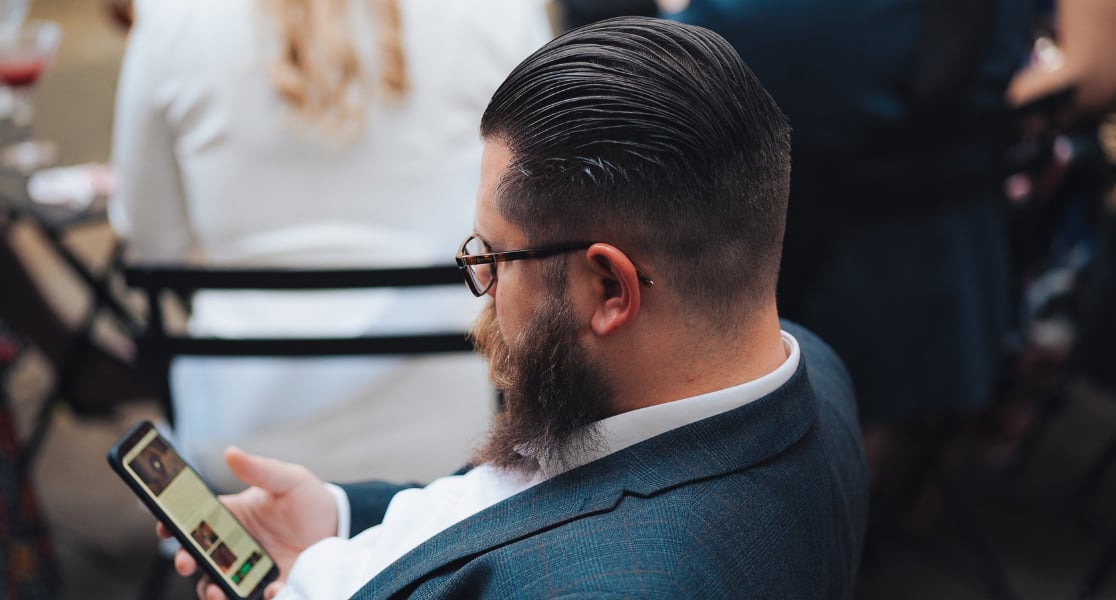By Ron Koenigsberg
The phrase “Work Smarter Not Harder” is a hot term right now. With the push on productivity and efficiency, we often find ourselves asking the following questions: What time of the day am I most productive? Do I consider myself a morning or an evening person?
We each have a certain time-frame during the day where we are generally the most productive. Some may say “I’m a morning person,” or “I’m most productive in the night.” According to research, there is no exact time of the day where every single person is more or less productive, but on average, the majority of adults are most productive during the morning hours. However, everyone’s body clock isn’t the same, making it even harder to synchronize natural rhythms with daily plans. Chronotype is an attribute of human beings, reflecting what time of day their physical functions are most active. Studies prove that a significant majority of people operate on either of two distinctive chronotypes: morning people who tend to wake up and go to sleep earlier and be the most productive early in the day, and evening people who tend to wake up later, start more slowly and peak in the evening.
Additionally, growing research suggests that paying attention to the body clock, and its effects on energy and alertness, can help to pinpoint the different times of the day when most of us perform our best at specific tasks; from resolving conflicts to thinking creatively. For example, when it comes to doing cognitive work, most adults perform best in the late morning, says Dr. Kay, a professor of molecular and computational biology at the University of Southern California. As body temperature begins to rise just before awakening in the morning and continues to increase through mid-day, working memory, alertness and concentration gradually improve. Dr. Kay explains that taking a warm morning shower can jump-start that process. The ability to focus and concentrate typically starts to diminish soon thereafter. Most people are more easily distracted from noon to 4pm. To add, alertness tends to slump after eating a meal and sleepiness also tends to peak around 2pm. However, surprisingly, fatigue may boost creative powers. For most adults, problems that require open-ended thinking are often best tackled in the evening when they are tired, according to a study in the journal Thinking & Reasoning.
Experts and journalists are constantly coming up with new methods to hack the conventional ways of working and boost productivity. Here are ten expert tips to help you to be more productive regardless if you peak in the late morning or late evening.
1. Focus on one big task at a time. It’s too easy to get distracted by work that takes up a lot of time and energy but isn’t ultimately changing your trajectory. Instead of focusing on the minutiae, just get started with the larger task at hand.
2. Organize your day into time blocks. Some people are early risers, some are night owls – figure out when during the day you are most productive then establish blocks of time to get more focused work done.
3. Do things you don’t want to do. Remember this sentence “You don’t have to ‘feel like’ doing something in order to do it.”
4. Don’t get paralyzed by perfection. Keep in mind that a career contribution isn’t made in a single ideal moment, it is a collection of good and great moments that add up over time.
5. Stay in the moment. If you feel overwhelmed, it might not be because you have so much to do, but rather that you are trying to do too much at the very same time.
6. Put your brain on autopilot for the small stuff. Many super productive people have reported that they don’t waste their time on the small daily decisions that take up much of our brain space. Think breakfast or outfit choices.
7. Write a to-do list. Sometimes the simplest methods are the best. Writing a to-do list and checking the items off as you complete them will make you feel accomplished and continue to push you forward.
8. Get an accountability partner. It is easy to break promises that we make to ourselves, if you tell a friend or co-worker what you plan to accomplish then you will be more motivated to complete those goals.
9. Deal with it only once. Dealing with something only once, just getting it done, doing it now – will enable you to get it off your mind and allow you to fully focus on the next task.
10. Escape into single tasking. When you are able to focus only on one thing at a time, it is likely that you will accomplish that task much more efficiently and with higher quality. “Being in the moment allows us to escape from adversity, conserve our energy, and be more consciously productive.”





